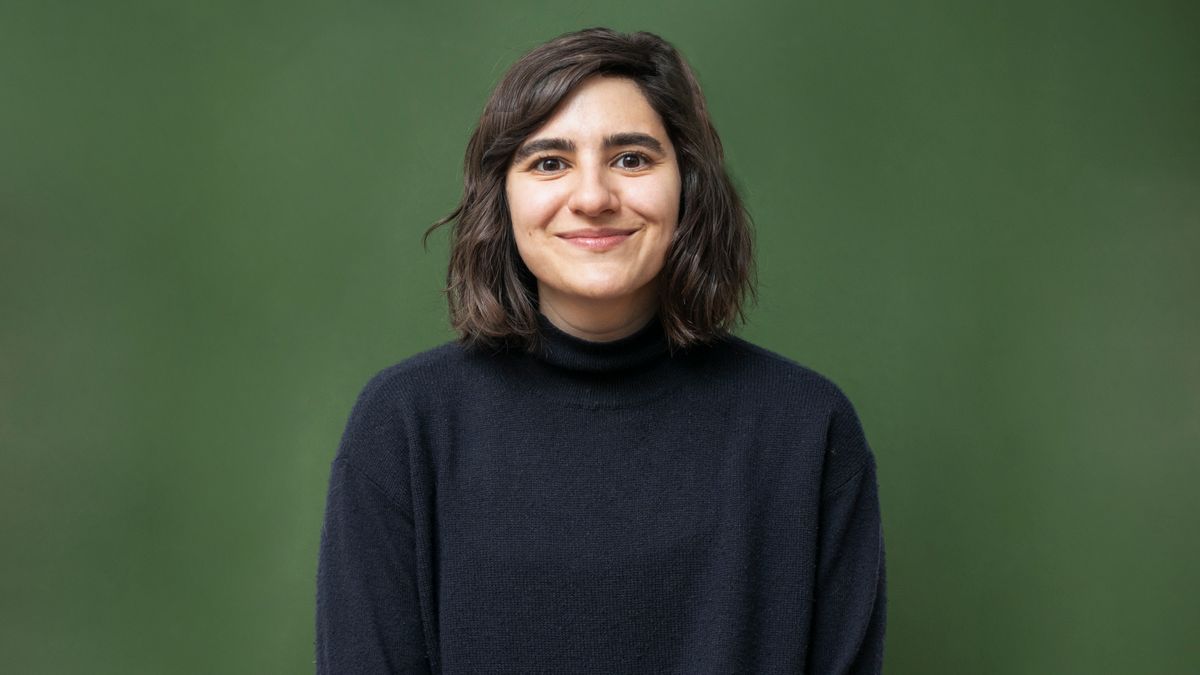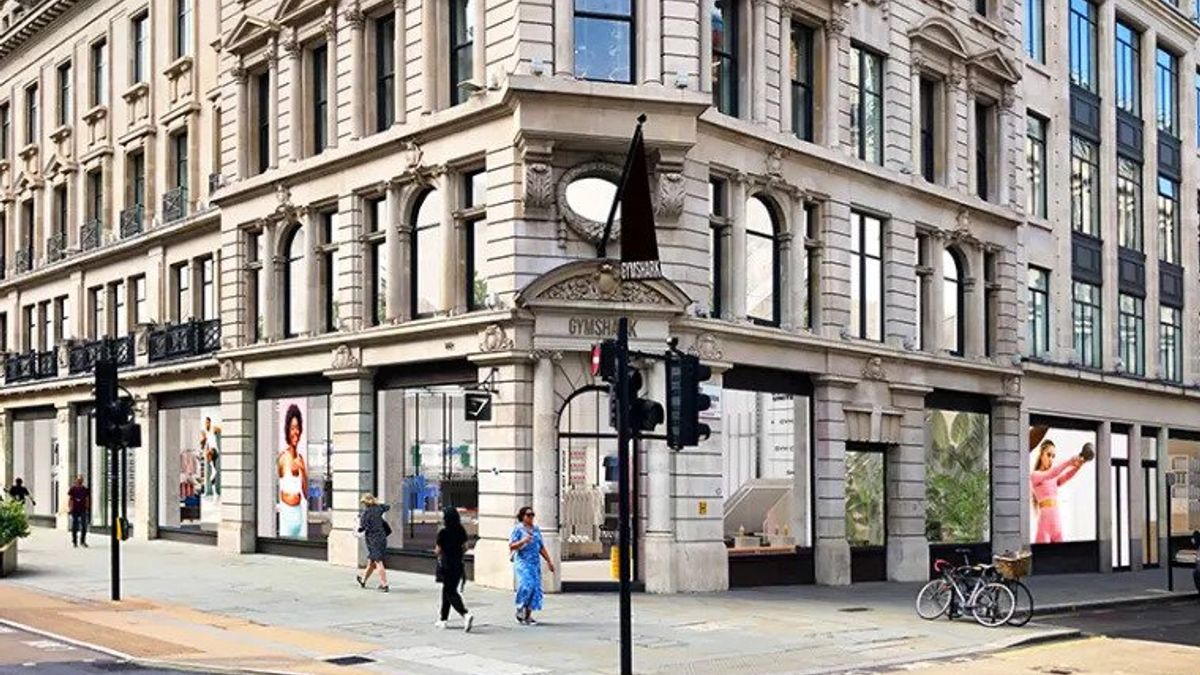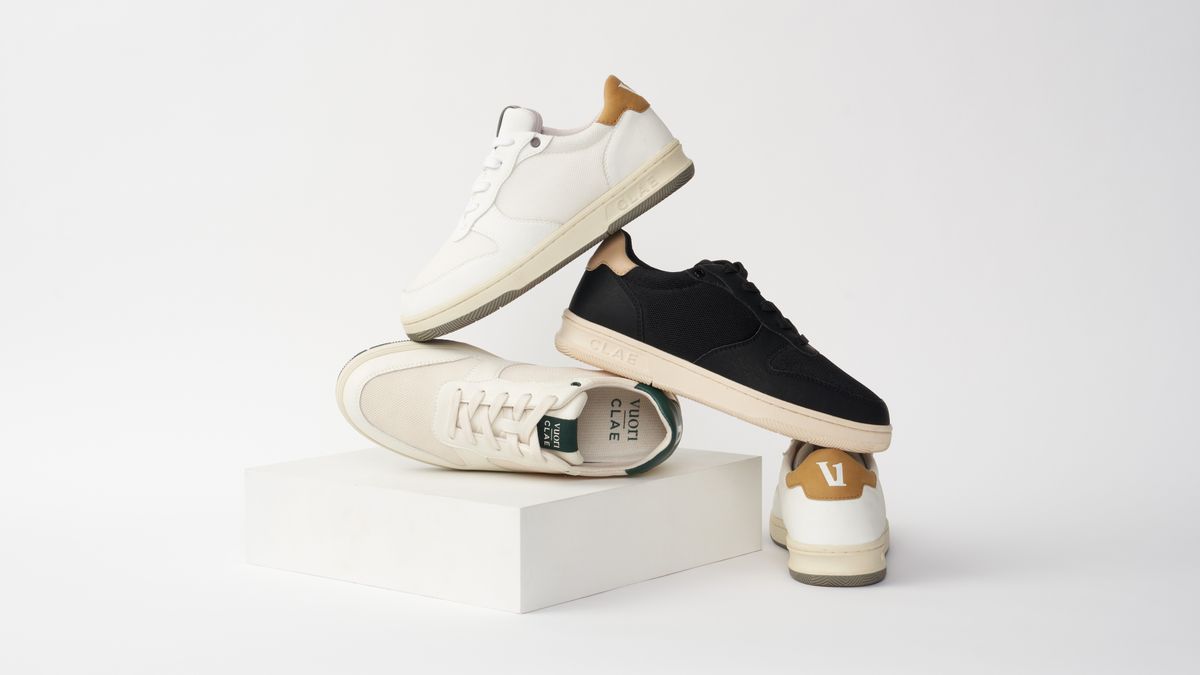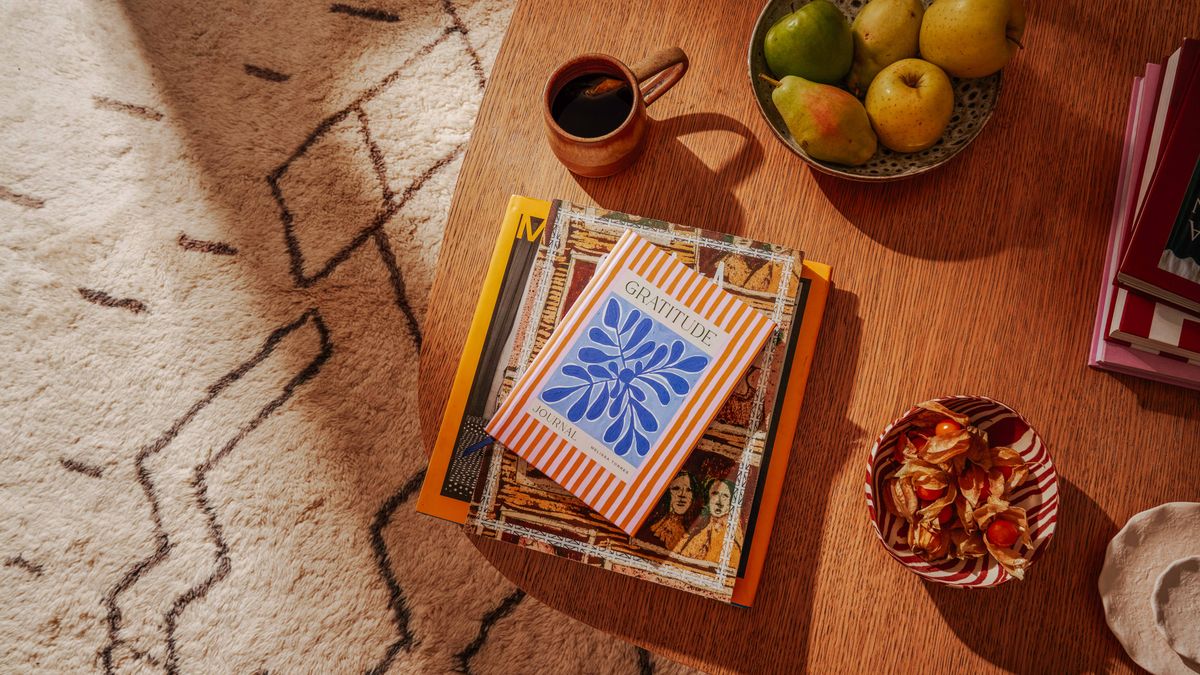This interview has been edited for clarity and brevity.
Name: Marguerite Zabar Mariscal
Where do you live: Prospect Heights, Brooklyn, New York
Occupation: Momofuku CEO
With grandparents who founded New York City’s beloved food emporium Zabar’s it would’ve been easy for Marguerite Zabar Mariscal to segue straight into the family business. But instead, Mariscal, fresh out of Bowdoin College, began interning for Momofuku founder and six-time James Beard award-winning chef David Chang.
What began in 2011 as a way to amass school credits and work experience turned into a trailblazing career. Today, Mariscal, 33, is the CEO of Momofuku — running the chain of restaurants as well as its consumer product line Momofuku Goods. This ever-expanding CPG line for home cooks can now be found at many supermarkets and stores including Whole Foods and Target. The product line was a big pivot for Mariscal and Chang in the early days of the pandemic when the two decided to bring their restaurant-quality products to the home cook. The line brought in over $1 million of revenue within two months of launch, according to Forbes.
Experiencing 130% year-over-year growth for its portfolio of products, including chili crunch, instant noodles and seasoned salts, Momofuku Goods is now a staple in many homes. The products are now sold on Momofuku's website and in more than 2,000 retail stores nationwide.
For someone who started a career as a PR intern, and worked up to vice president of communications and design, Mariscal is enthusiastic about what she does. Mariscal told Forbes that she and Chang share a “tortoise versus hare mentality” when it comes to running the business.
“We both come from family businesses that have been around for a long time. Growing up in those environments, you’re taught to think about the long-term impact of your decisions. You’re not trying to make a quick buck. You’re trying to build something that will last,” she said in the Forbes interview.
FOOD DIVE: What was the first job you ever had?
MARGUERITE ZABAR MARISCAL: My first job in food? I worked as a cashier at Zabar’s for a summer and then in Amagansett at the farmers’ market. My grandfather always told us not to work in the food industry because it's not an easy job, the margins are small and you have to work on holidays.
What inspired you to focus on your current work?
MARISCAL: I really didn't think about it as a long-term job when I started. So much so that everyone in my life, prior to working at Momofuku, called me Daisy. And when I got to Momofuku everyone there called me ‘Marguerite,’ because it was the name on my resume. I didn't correct anyone because I figured I wasn’t going to be here that long. And you know, 12 years later!
I didn’t intend for this to be my career, but doing the work and being in the office, I was just inspired to work super hard and to care about what I was doing. Something we say about working here — in any facet of our business — is that we always say we want to out-care our competition.
The beauty of working for Momofuku, what we see is just how much people care about the overall product, the overall result. There’s this old Nike adage, which is “your job’s not done until the job is done.” And I think everyone here sees how they’re contributing to the overall picture and really work hard towards that. So I got sucked into that, first working as an intern and really enjoying everything I was doing. I was lucky to be given an opportunity to see and touch a lot of different aspects of the business.
What is the biggest change you have seen while working your current role?
MARISCAL: So much has changed in a very productive, good way. There’s been a lot more dialogue around burnout, a lot more talk about living wages and sustainability. We, as a company, have town halls — all the managers across the different restaurants, CPG, everything.
We said very early on in the pandemic, that if we’re the same company at the end of this then we screwed up. If we didn’t use that time to really dig deep and look through our company as a whole and make some tough decisions and good decisions and easy decisions to make it just a better environment to work moving forward.
We started doing quarterly and biannual engagement surveys where we get anonymous feedback from our teams. We make a decision, see how people react and then tweak, tweak, tweak. I’m very happy with the progress we’ve made, but I’m never going to be the person who says that we’re done. It really is an evolving journey, based on what people need and where the industry is moving. So we’re always trying to get better.
What was harder than you thought it would be? What was easier?
MARISCAL: I think the hardest part is how human a job it is. People management is a huge, huge aspect of the job and I think that's something that I underestimated taking on the role. Whether that's making decisions for a large population of employees or one-on-one conversations with the people who work here. It's such a human centric business.

The fact that we get to put products out on the market — products I truly use on a daily basis, and Dave [Chang] uses on a daily basis — to create something that is both beneficial and great ... I’m excited to have access to them, but then obviously seeing support and enthusiasm from our customers is great. When you genuinely love the products that you’re putting out, it’s just a really fun way to do business.
What is a misconception that people have about you when they first meet you?
MARISCAL: Internally, it’s that I’m too busy to get into the details, too busy for a weekly business meeting. I have to persuade them that I do want that amount of information and to get to know people.
What do you think will be the biggest change in the industry in 10 years?
MARISCAL: We’re going to continue to see the lines blurred between the ‘global flavors’ aisle or the ‘ethnic’ aisle and start to see way more crossover. Like the example of Sriracha moving out of the ‘ethnic’ aisle and into hot sauces. We’re going to keep seeing that same kind of blurring of the lines of where one starts and one ends. We’re at the beginning of the revolution around retail and global flavors.
We’re bringing out our hot honey, which started as a limited time product that we all really fell in love with and figured it has a larger role to play. We’re working on some new noodles, which we’re super excited about. We started this process because we wanted to reach more people and to have a broader dialogue than we were having when we were limited to cities in which we operate restaurants.
So for me, retail expansion and getting the product in front of new people and having them discover these flavors through that — that’s as exciting as a new product launch. We’ve sold to all 50 states via our direct-to-consumer site, but it’s been really cool to see in stores as we expand further into retail across the country.
What do you wish someone would have told you about your current role or position when you started?
MARISCAL: I really think it’s all about the people. As one individual, you don’t have that much power. It's your ability to convince other people that you’re on the right path. Together, we can accomplish something.
Just me, having a solution or proposing a path forward — if you can’t bring everyone with you, it doesn’t carry much weight. I think that’s something I knew going into it, but it’s been a journey — especially through the pandemic — making sure that we as a collective unit understand where we want to go, what we want to do and why we’re making certain decisions. And it’s something that we’re constantly trying to get better about — that transparency of why we are where we are, what we’re doing next.
A real goal of the company is to empower individuals to feel like they’re part of the solution. That they’re part of the future. That is a priority for us as a company moving forward.
What would be the foods of your last meal?
MARISCAL: My last meal could potentially be something I’d eat myself to death eating anyway. Dim Sum. I always feel like I eat my weight in Dim Sum. That would be a good way to go.






















